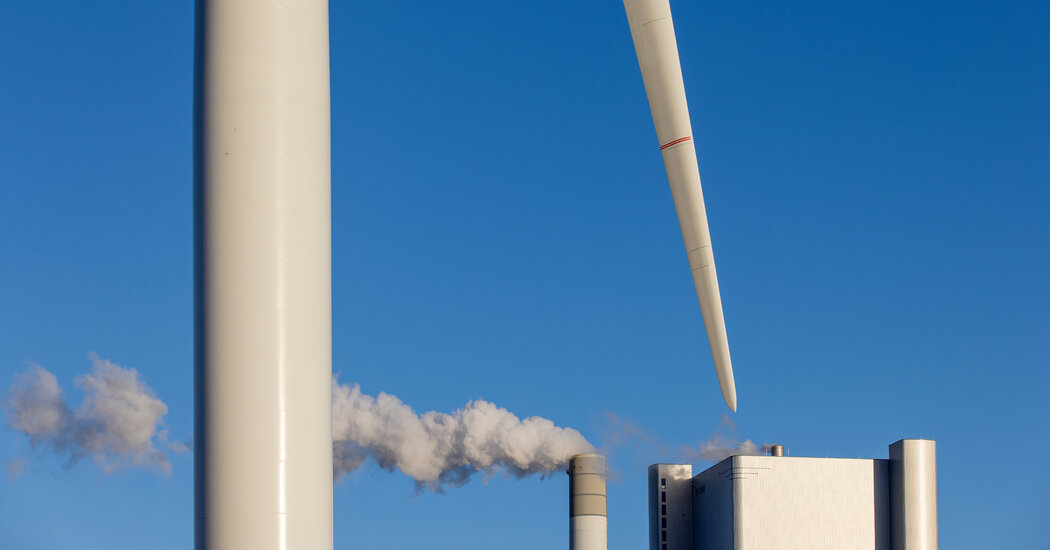The Dutch government said on Monday that the tightening of gas supplies to Europe had prompted Russia to declare an “early warning phase” of a natural gas crisis, a measure that will allow more electricity to be generated by burning coal.
Russia’s actions in recent days – mainly the reduction of flows by about 60 percent through the Nord Stream 1 pipeline to Germany – have significantly darkened the mood in Europe on energy. Governments and industry in Europe are now convinced that Moscow plans to use gas as a political weapon against the largest European economies in the coming months. This means that major European countries, and not just a handful like Bulgaria and Poland, are likely to see gas supplies diminish or cut off completely and need to take steps to reduce their vulnerability.
Gas flows have already been cut not only to Germany but also to other countries, including Italy and France, analysts and government officials say. The Dutch government said that there is no acute gas shortage in the Netherlands yet, but that decreasing stocks could have consequences.
“We now see that the total gas supply from Russia to Europe is declining rapidly,” Energy and Climate Minister Rob Jetten said in a statement. Mr Jetten indicated that without taking measures, the Netherlands and Europe in general cannot be guaranteed to be able to “fill gas storage facilities sufficiently in preparation for the winter”.
Most European countries build gas reserves in the summer when demand is low, in preparation for the winter when gas consumption for heating rises. Insufficient reserves could lead to higher prices and increase Europe’s vulnerability to Russian blackmail on energy.
The Dutch government said it would take immediate steps to curb gas consumption. These include lifting the limits on coal-fired power plants until 2024. The government also said it would encourage residents and businesses to conserve gas, including by providing a financial incentive to major industrial users to reduce their consumption.
Over the weekend, the German government took similar steps on coal, and Austria said it would allow the conversion of a gas-fired power station to coal.
The Dutch government is resisting some calls to ramp up production at the Groningen gas field, a major supplier in the north of the country that officials say has been shut down due to earthquakes caused by the extraction of the fuel. The government appears to be keeping its options open on Groningen, which is operated by a joint venture of Shell and Exxon Mobil.
The government said in its statement it had decided not to “close any wells definitively this year” because of what it called “uncertain geopolitical developments.”

